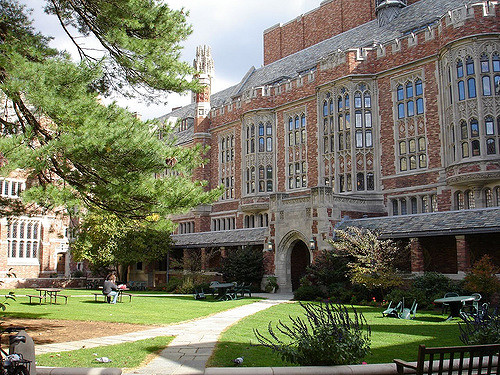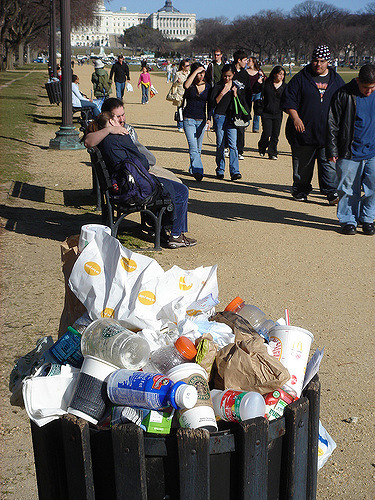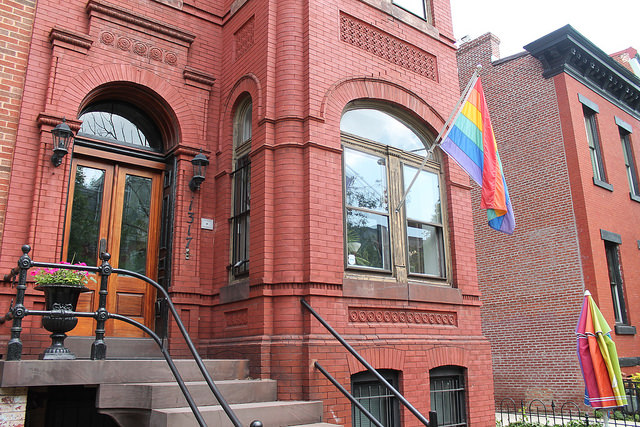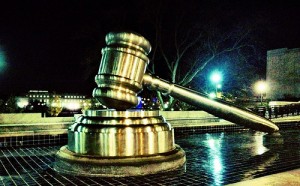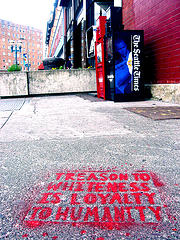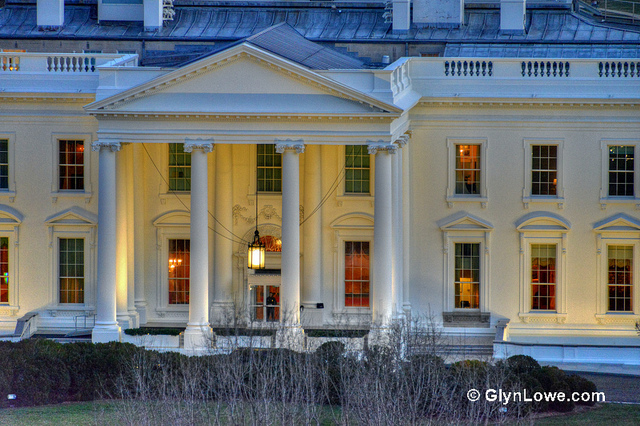
As the recent partial government shutdown affected some 800,000 federal employees, Wilbur Ross, the Secretary of Commerce, made headlines for questioning why unpaid workers would need to visit a food shelf. Democrats responded that the millionaire investor is out of touch, as many Americans cannot afford to miss a paycheck and may not have access to credit to cover their basic expenses.
While Republicans are generally considered to be more corporate-friendly than Democrats, sociologist Timothy Gill argues in an op-ed for the Washington Post that both parties have had close ties to big business. According to his research, at least 70% of every presidential Cabinet since the Nixon administration has been staffed by former or future corporate executives.
Gill points out that sociologists have long been concerned about the connection between business and government. When C. Wright Mills published The Power Elite in 1956, he inspired new generations of social scientists to closely examine the concentration of corporate and political power among relatively few individuals.
The “power elite” have far more influence over public policy than the average American, and evidence suggests that they have used this influence in the past half century to serve their interests: tax rates have been slashed for corporations and wealthy individuals, union membership has declined, median wages have stagnated, and CEO compensation has soared. Gill argues that it is worth asking whether these policies are the result of the revolving door between business and politics. He writes:
“The mere presence of corporate elites in an administration, of course, does not mean that Cabinets necessarily represent elite corporate interests. But it does deeply influence what issues get discussed and what perspectives get considered as administrators grapple with policy questions.”
The government has been temporarily reopened, but as another funding deadline looms, federal employees may not be comforted to know that millionaires like Ross have more influence over the president than they do.

